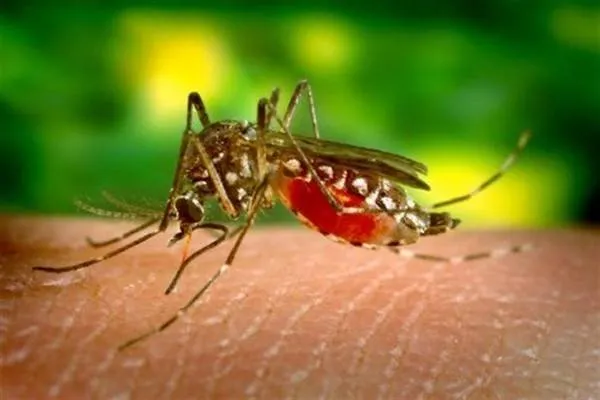Colombia declares state of emergency over yellow fever outbreak
Bogotá, April 17 (Hibya) – Colombian President Gustavo Petro activated the country's economic emergency protocol and declared a state of emergency following a yellow fever outbreak that has caused the death of 45% of confirmed patients since January.
According to health officials, the virus has infected 74 people and claimed 32 lives in coffee-growing areas of Tolima, where vaccination rates among high-risk groups remain below 10%.
The outbreak began in deforested areas near Bosque de Galilea Park, where illegal logging has increased human-mosquito contact. Climate change has driven Aedes aegypti mosquitoes to higher altitudes, reaching the outskirts of Bogotá for the first time.
According to the Rio Times, the rural Tolima region alone reported 29 cases and 12 deaths in 2025, most of them unvaccinated farm workers. Authorities are attempting to vaccinate 200,000 residents in Tolima but are facing resistance from local governors refusing to allocate resources.
Nationwide, Colombia confirmed 31 yellow fever cases between 2024 and March 2025, with a 43% fatality rate. The UN Pan American Health Organization warns that outbreak risks are rising across the Americas, reporting 131 regional cases and 53 deaths this year.
Brazil and Peru also report similar increases linked to deforestation and climate-driven mosquito migration. Economic analysts say the emergency aims to accelerate hospital improvements and rural vaccination campaigns.
The crisis highlights vulnerabilities in Colombia’s agricultural supply chains, as coffee farms in Tolima struggle with labor shortages and rising operational costs. Global commodity traders are monitoring shipment delays, while insurers are adjusting risk premiums for Andean exports.
British News Agency
















